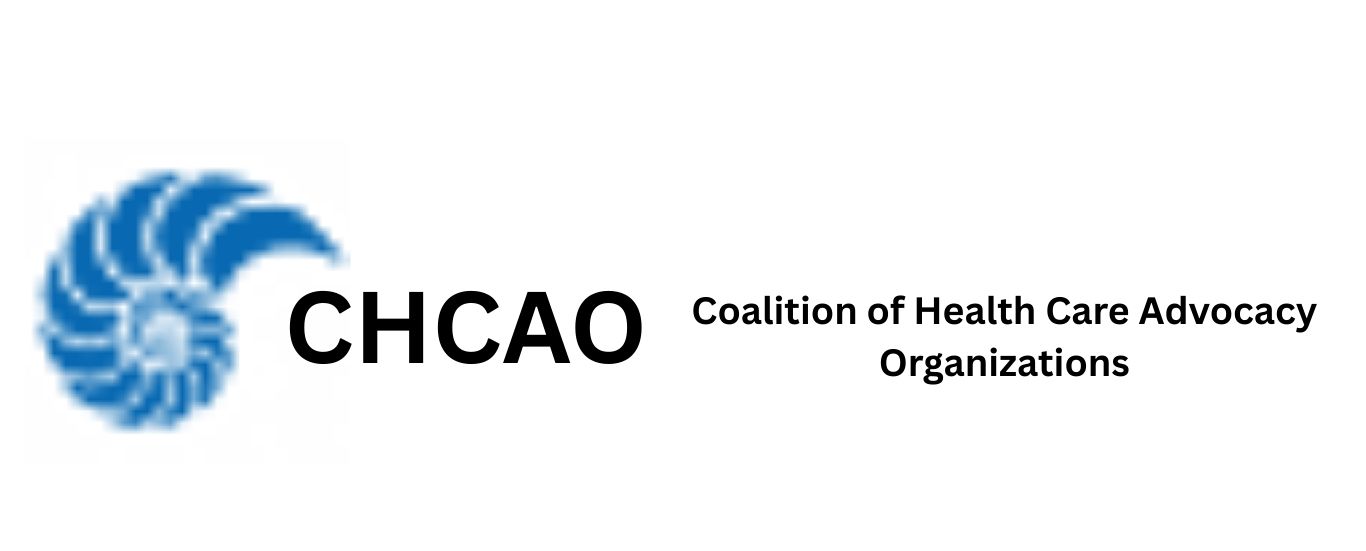In the complex world of health care, patients, providers, and advocates often seek collaborative efforts to improve the quality of care and strengthen the voice of advocacy. One such key organization is CHCAO, which stands for the Coalition of Health Care Advocacy Organizations. This coalition brings together health care advocacy groups under a unified platform, promoting leadership, education, and collaboration for the benefit of patients and professionals alike.
This article will explain what CHCAO is, why it matters, and how it impacts the future of health care advocacy.
What Is CHCAO?
CHCAO most commonly refers to the Coalition of Health Care Advocacy Organizations. It is a collective body formed to represent and support the growing profession of patient and health care advocacy. Health care advocacy is about guiding patients, families, and caregivers through the often complicated medical system, ensuring that their rights, needs, and voices are heard.
By uniting multiple advocacy groups under one umbrella, CHCAO provides leadership, fosters collaboration, and drives professional development for advocates across the United States and beyond. While other meanings of the acronym “CHCAO” exist, the health care coalition is the most widely recognized and influential.
The Mission of CHCAO
The central mission of CHCAO is to strengthen the health care advocacy profession through:
- Collaboration: Bringing organizations together to share resources, ideas, and strategies.
- Education: Providing access to training, workshops, and continuing education for advocates.
- Leadership: Creating professional standards and encouraging growth in advocacy roles.
- Patient-Centered Focus: Ensuring that the ultimate goal of advocacy remains supporting patients and families.
In short, CHCAO acts as a hub for professional advocacy development, raising awareness of the importance of advocates in the health care system.
Why CHCAO Matters
Health care is often overwhelming for patients who face medical jargon, insurance challenges, and complex treatment decisions. Professional advocates play a vital role in guiding individuals through these challenges.
Here’s why CHCAO is so important:
- Elevating Advocacy as a Profession
By uniting advocacy organizations, CHCAO helps define standards and ethics for the profession. This recognition strengthens advocacy as a respected career path. - Improving Patient Outcomes
Advocates trained under collaborative organizations are better equipped to support patients, leading to more informed choices, reduced stress, and improved overall outcomes. - Encouraging Diversity of Voices
CHCAO brings together advocates from various health care fields, ensuring a wide range of perspectives that can shape better policies and practices. - Building a Supportive Community
Advocacy can be challenging work. CHCAO creates a professional network where advocates can share knowledge and encourage one another.
CHCAO and the Role of Health Care Advocates
To understand the importance of CHCAO, it’s helpful to look at what health care advocates actually do. Advocates support patients by:
- Explaining medical diagnoses, procedures, and treatment options in plain language.
- Helping patients navigate insurance claims and financial questions.
- Supporting families during difficult medical decisions.
- Ensuring patients’ rights are respected in hospitals, clinics, and insurance systems.
- Acting as a bridge between patients, providers, and caregivers.
CHCAO empowers these advocates by creating a professional environment where they can grow, gain recognition, and access resources.
Educational and Professional Development
One of the most valuable contributions of CHCAO is its commitment to professional development. The coalition helps advocacy organizations provide:
- Certification Programs: To establish credibility for health care advocates.
- Conferences and Workshops: Where advocates learn about the latest health care policies, technologies, and best practices.
- Networking Opportunities: Allowing professionals to exchange ideas and collaborate on projects.
- Resource Sharing: Providing access to research, guides, and case studies that strengthen advocacy work.
By investing in education, CHCAO ensures that advocates are well-prepared to face evolving challenges in the health care industry.
CHCAO’s Broader Impact on Health Care
The work of CHCAO extends beyond individual advocates. It has a system-wide impact by:
- Promoting patient-centered care across hospitals and clinics.
- Encouraging health care providers to recognize the role of advocates.
- Influencing policy discussions about patient rights and care quality.
- Creating pathways for more people to enter the advocacy profession.
This influence helps shift the health care system toward being more accessible, transparent, and compassionate.
Other Meanings of CHCAO
Although the Coalition of Health Care Advocacy Organizations is the primary definition of CHCAO, the acronym may appear in other contexts. For example, smaller organizations, regional initiatives, or unrelated industries may occasionally use the same letters. However, when discussing health care and advocacy, CHCAO almost always refers to the coalition.
Challenges and Future of CHCAO
Like all professional groups, CHCAO faces challenges, including:
- Raising Awareness: Many people still don’t know the role advocates play in health care.
- Maintaining Standards: As advocacy grows, ensuring consistent quality and ethics remains crucial.
- Adapting to Change: Health care evolves quickly with new technologies, policies, and patient needs.
Looking ahead, CHCAO is likely to grow in influence, continuing to promote patient-centered care and empowering advocates worldwide.
Conclusion
The Coalition of Health Care Advocacy Organizations (CHCAO) plays a vital role in shaping the future of patient and health care advocacy. By fostering collaboration, leadership, and professional growth, CHCAO not only strengthens the advocacy profession but also improves patient experiences across the health care system.
For patients, this means more support, clearer communication, and better outcomes. For advocates, it provides recognition, resources, and a thriving professional community.















Got a Questions?
Find us on Socials or Contact us and we’ll get back to you as soon as possible.